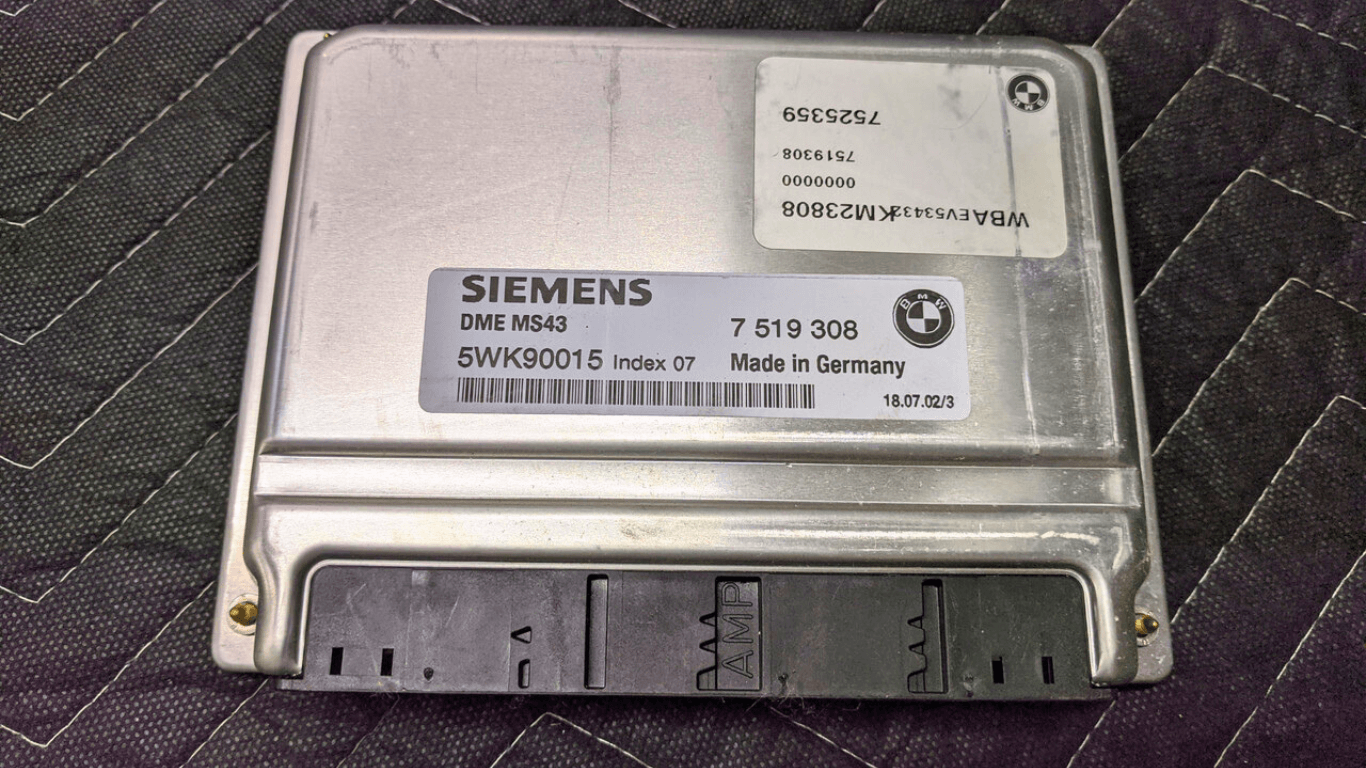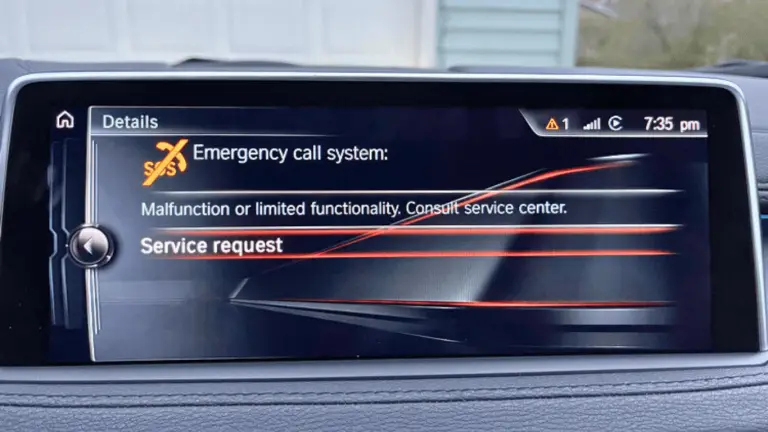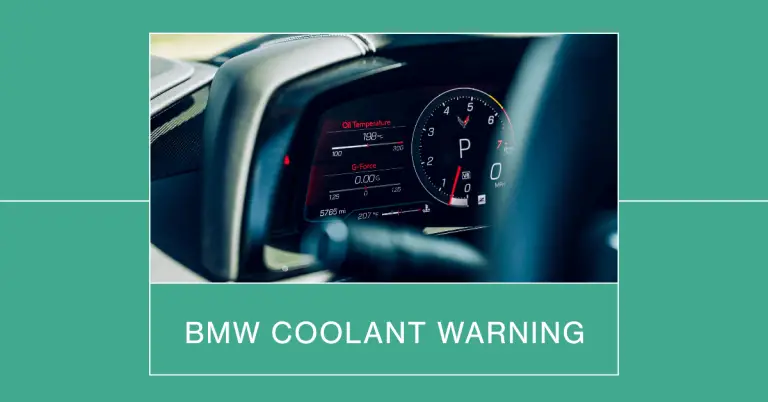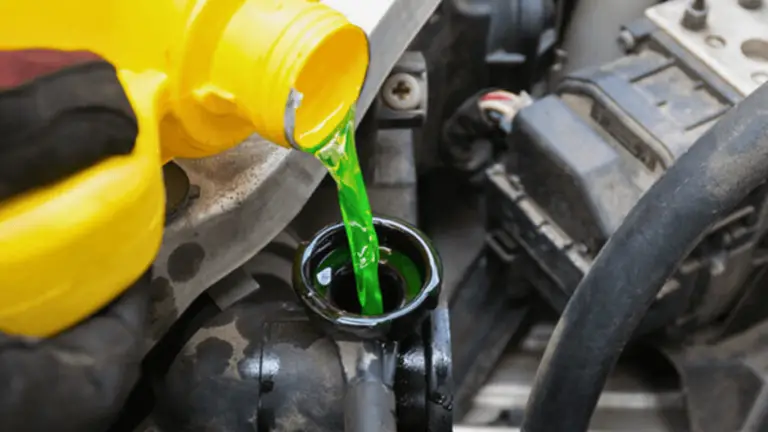BMW DME Failure Symptoms: Common Signs to Watch Out For
Is your BMW throwing strange error codes or exhibiting odd behaviors like stalling, rough idling, or loss of power? Your DME (Digital Motor Electronics) system could be failing. But how can you know for sure?
In this detailed guide, you’ll learn the top 9 DME failure symptoms to watch for in your BMW along with tips for diagnosis and replacement.
As one of the most critical electronic control units (ECUs) in your BMW, DME failure can cause all sorts of issues, from intermittent problems to complete breakdowns. By recognizing the signs of DME problems early, you can avoid more serious (and costly) damage down the line.
We’ll cover the key functions of your BMW’s DME system, walk through the most common symptoms of DME problems, look at how to get the issue properly diagnosed, and discuss replacement options. Let’s take a closer look under the hood at this essential BMW computer and what happens when it goes bad.
What Exactly is a BMW DME?
The DME (or DDE in older BMW models) is the central “brain” of your BMW’s engine systems. This computer controls vital engine functions including:
- Fuel injection and fuel pump operation
- Ignition timing
- Valve and camshaft timing
- Idle control
- Knock sensor operation
- Onboard diagnosis of emission controls
Essentially, the DME controls when and how much fuel enters each cylinder and when exactly to ignite the fuel. It’s critical for getting the right air/fuel mixture, optimizing performance and efficiency, and keeping emissions in check.
The DME achieves this using feedback from various engine sensors that monitor conditions like coolant temperature, mass airflow, throttle position, camshaft position, and oxygen sensors.
Based on this data, the DME makes adjustments in real-time to ignition timing, fuel injector pulse width, idle control, and more to optimize engine operation. Malfunctions in the DME or its related sensors, wiring, and actuators can wreak havoc.
9 Common BMW DME Failure Symptoms
With an overview of what the DME does, let’s look at some of the most common symptoms when it starts to fail. Watch for these warning signs in your BMW:
1. Check Engine Light Comes On
One of the first things you may notice with a faulty DME is the check engine or service engine soon light illuminating on your BMW’s instrument cluster.
This indicates the engine computer has logged a diagnostic trouble code (DTC) for a detected issue. Some common DME-related codes include:
- P0601 – Internal Control Module Memory Check Sum Error
- P0604 – Internal Control Module Random Access Memory (RAM) Error
- P0606 – ECM/PCM Processor Fault
- P0607 – Control Module Performance
These codes point to problems in the DME like memory errors, processor faults, and calibration issues. Any DME-related codes should be investigated ASAP.
2. Engine Stalling or Dying Out
Another common symptom of BMW DME failure is stalling. This can happen at idle, while driving, or when coming to a stop.
Basically, the engine cuts out unexpectedly like the key was turned off. This happens because the DME is responsible for proper ignition timing and fuel delivery. DME issues can interrupt the air/fuel mixture, resulting in stall-outs.
Stalling while driving is especially dangerous. It leads to power steering and brake assist loss, increasing the risk of an accident. Don’t ignore random stalling, as it often indicates DME problems.
3. Rough, Unstable Idle
Have you noticed the engine RPMs bouncing around at idle, or the idle feeling rough and uneven? DME glitches can cause erratic idling.
The DME computer is tasked with controlling idle speed to a consistent level as engine conditions change. If the DME can’t properly regulate idle, you get surging, dips, and spikes in engine RPMs when sitting still. Rough idling is one of the most common DME failure symptoms.
4. Loss of Power When Accelerating
Accelerate from a stop and notice the BMW really struggles to pick up speed? How about weak power delivery when passing on the highway?
Reduced engine power and sluggish acceleration can indicate DME issues. Since the DME controls important functions like fuel injection, ignition timing, and valve timing, any problems will impact power output.
You may also notice stumbling or misfiring as you press down the gas pedal. Trouble accelerating suggests a deeper issue like DME failure at play.
5. Difficulty Starting the Engine
Do you find the BMW engine cranking over slower than normal or taking longer to fire up and start? Faulty DME units can lead to slow or extended cranking.
Why? Because the DME is critical in getting the engine started. It controls the precise ignition timing, fuel injector operation, and other systems necessary for starting.
If the DME has errors or calibration issues, it can mismanage these critical starting functions. This leads to extended cranking times, particularly when cold starting the engine. Difficult starts, or failure to start, indicate a problem with the DME.
6. Backfiring or Misfiring
Backfiring through the intake or exhaust along with engine misfires can also indicate DME failure.
This happens when fuel ignites at the wrong time, either too early or too late in the combustion cycle. The DME controls ignition timing, so timing errors will cause backfiring and misfires.
You may also notice the check engine light flashing when misfiring is occurring. This points to ignition issues that can damage the catalytic converter if driving continues. Have your BMW checked immediately.
7. Decreased Fuel Economy
Are you suddenly getting far lower MPG than normal in your BMW? Fuel economy dropping significantly can signal DME problems.
Here’s why: the DME manages ignition timing and fuel injection, which are critical to efficient combustion. Errors lead to incomplete burning of fuel, resulting in wasted gas and reduced fuel economy.
Unless there are other issues like draggy brakes, sudden MPG drops typically trace back to the engine computer when DME failure occurs.
8. Electrical Issues and Gremlins
As one of the most critical computers in your BMW, DME failure can cause all types of unusual electrical issues and gremlins including:
- Odd warning lights illuminating
- Electrical shorts and blown fuses
- Power windows/locks not working
- Gauges cutting out intermittently
- Climate control failures
- Radio/infotainment glitches
Since the DME communicates with so many other vehicle systems, errors can propagate and impact components you wouldn’t expect. Sporadic electrical issues are common when DME failure occurs.
9. Complete Breakdown
In severe cases of DME malfunction, the engine may completely shut off unexpectedly while driving as if the key was turned to the off position. This usually only happens in extreme DME failure cases.
Total DME breakdown will leave you sitting on the roadside unable to restart the engine. You’ll need to have the BMW towed to a repair shop for diagnosis.
Why Does BMW DME Failure Happen?
Now that you know the common DME failure symptoms, what causes the DME to malfunction in the first place? Here are some of the most common reasons for BMW DME issues:
- Faulty sensors – The DME relies on inputs from sensors like the crankshaft position sensor and camshaft sensor to operate. If these malfunction, it can lead to DME misoperation.
- Electrical problems – Issues with wiring, connectors, grounds, or shorts can send bad signals to the DME causing glitches.
- Voltage spikes – Voltage surges and spikes on the vehicle power supply can damage the delicate electronics in the DME.
- Internal errors – Processor faults, memory errors, and calibration issues within the DME can lead to self-inflicted failure.
- Water damage – BMW DME units can be susceptible to water intrusion from leaky windshields or flooding. Water damage will ruin DME electronics.
- Heat damage – Excessive heat in the engine bay from turbos, exhaust headers, or poor cooling can damage the DME over time.
- Contaminants – Dust, dirt, and debris entering the DME housing can short out the sensitive electronics and cause eventual failure.
How to Diagnose BMW DME Problems?
If you suspect DME failure based on the symptoms outlined earlier, professional diagnosis is required to confirm. Here is the general process:
Step 1 – Scan for codes – Your BMW repair shop will first use a powerful scan tool to read any diagnostic trouble codes (DTCs) stored in the DME. This reveals faults the DME has detected.
Step 2 – In-depth diagnostics – The mechanic will move on to specialized ECU diagnostics to test DME inputs, outputs, processor performance, memory, and communications. This involves using BMW-specific diagnostic software to analyze DME operation.
Step 3 – Electrical testing – The shop may also test wiring circuits and electrical components related to the DME. This checks for external issues causing DME problems.
Step 4 – Sensor testing – To rule out bad data from engine sensors, your mechanic can test camshaft and crankshaft position sensors, mass air flow sensor, knock sensors, and other DME inputs.
Step 5 – Replicate issue – The shop will typically try and replicate the symptoms you are experiencing by test driving the vehicle. This helps pinpoint issues.
Proper BMW DME diagnosis requires advanced tools, software, and knowledge. Expect to pay $150 or more for this diagnostic process. It is complex but necessary before any repair or replacement.
BMW DME Repair vs Replacement
Once expert diagnosis confirms a faulty DME unit, you have two options – attempt repair of the existing module, or replace it with a new or remanufactured DME. Here’s an overview of each route:
DME Repair
Specialized shops can sometimes repair failed DME/ECU units rather than fully replacing them. This involves:
- Disassembling the DME housing to access the circuit boards
- Inspecting components for damage
- Identifying failed parts like capacitors, transistors, resistors, etc
- Soldering/replacing any damaged electronics
- Testing thoroughly to confirm repairs
The benefit of DME repair is cost savings, with typical repair pricing from $350 – $700 vs $1200+ for replacement. However, repair is generally only successful for minor electronic failures or water damage cases. Repairing major internal errors or processor problems is difficult.
Repair also carries more risk than replacement – an unsuccessful repair may end up just delaying proper DME replacement. Unless repairs come with a solid warranty, replacement is often the smarter choice.
DME Replacement
For most DME failure cases, complete replacement with a new or remanufactured DME unit is the best solution. Key benefits include:
- Reliability – New and quality reman DME units won’t fail prematurely like a questionable repair might. This provides peace of mind.
- Performance – A fresh DME will restore engine performance and drivability to factory-new levels.
- Warranty – Reputable DME replacements come with at least a 1-2 year warranty.
Genuine new BMW DME units from the dealer can be $2000+ in some cases, making high-quality remanufactured DME units a smart option. These are DME cores rebuilt to strict OE specifications for a fraction of new DME cost.
The bottom line is DME replacement provides the most confidence in resolving DME problems long-term. When weighed against the risks and costs of rebuild or repair, replacement is generally the top choice for DME failure.
Preserving Your BMW DME
While DME issues are never completely avoidable in older BMWs, you can take some steps to extend the life of your DME and avoid premature failure:
- Address leaks immediately to prevent water intrusion into the DME brain
- Service the battery, charging system, and grounds to defend against voltage spikes
- Install an ECU shield like the BMW PowerBox to protect against heat damage
- Fix faulty engine sensors that could skew DME inputs
- Clean MAF sensors and throttle bodies to prevent DME contamination
Performing preventative maintenance and addressing problems early goes a long way to preserving your DME. But if you do experience DME failure symptoms, seek professional diagnosis and follow recommended repair or replacement procedures as soon as possible.
Conclusion
DME issues can cause all kinds of drivability, performance, and electrical problems with your BMW. Being aware of the common DME failure symptoms like stalling, misfires, reduced power, and erratic idling gives you the best chance of catching problems in the early stages.
Professional diagnosis of suspected DME problems along with timely repair or replacement of confirmed faulty units is key to avoiding more extensive damage. While no one likes dealing with a fried ECU, addressing DME failure promptly reduces headaches and costs in the long run.
Does your BMW exhibit any of the symptoms outlined here? Don’t ignore it – have the DME inspected and corrected by a trusted BMW specialist as soon as you can. This will get your Ultimate Driving Machine back to providing miles of trouble-free enjoyment.







